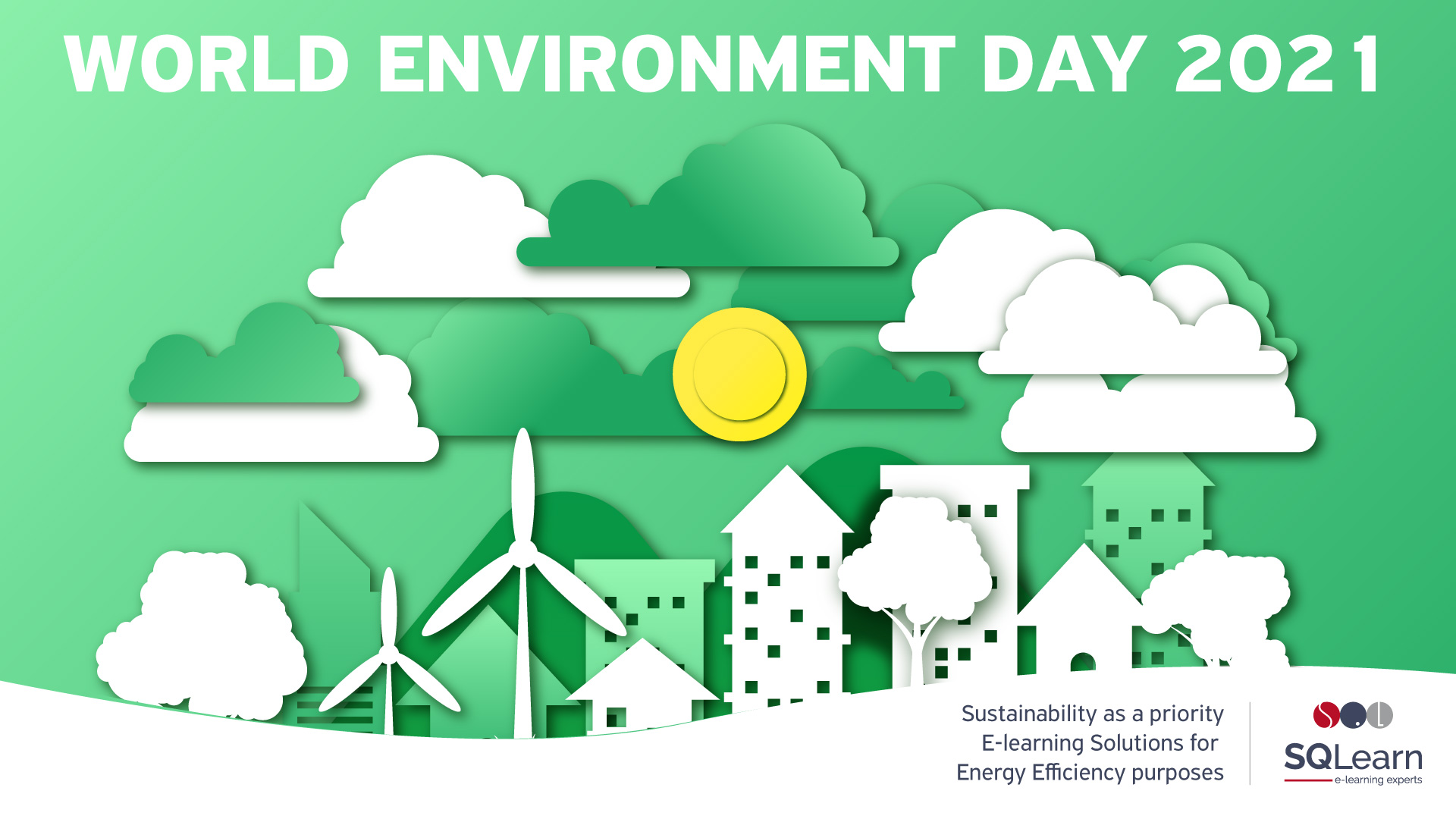According to statistics from the Open University in Britain, e-learning requires 90% less energy than traditional on-site classroom education, while CO2 emissions per trainee are reduced by 85%. The energy savings derive from fewer travel emissions, less paper usage and the ability to learn from home.
In order to save energy, reduce operational costs and reduce carbon footprints on the environment, education services can be provided using cloud technology. Cloud-based e-learning promotes a new era of learning, as it takes the advantage of hosting the e-learning applications on a cloud, reducing the construction and maintenance cost of the learning resources. SQLearn trusts the Amazon Web Services – AWS cloud infrastructure to host its e-learning applications. The results of a study by 451 Research shows that Amazon Web Services is 3.6 times more energy-efficient than the median of the surveyed U.S. enterprise data centers.
- 1001 – Ship’s Garbage Management Plan & Garbage Record Book
- 1002 – Ship’s Garbage Management Plan
- 1003 – Oil record book – Part I (Machinery Space)
- 1035 – Fuel bunkering operations
- 1059 – Bunker Fuels Ops & Malpractices
- 1062 – IMO 2020 Sulphur Cap
- 1068 – EMSA Guidance on the Inventory of Hazardous Materials (under development)
- 1070 – Volatile Organic Compound (VOC) Management
- 4016 – Ballast Water Management – Legislation
- 5009 – Marine environmental awareness incident
SQLearn participates in several EU-funded projects, which promote sustainability, such as:
- The Brave Dolphin project, the ultimate Virtual Reality training tool for maritime emergencies.
- The DTRaiN project, which promotes sustainability and aims to revitalize the productivity of local agricultural producers in the agri-food sector of partners regions.






